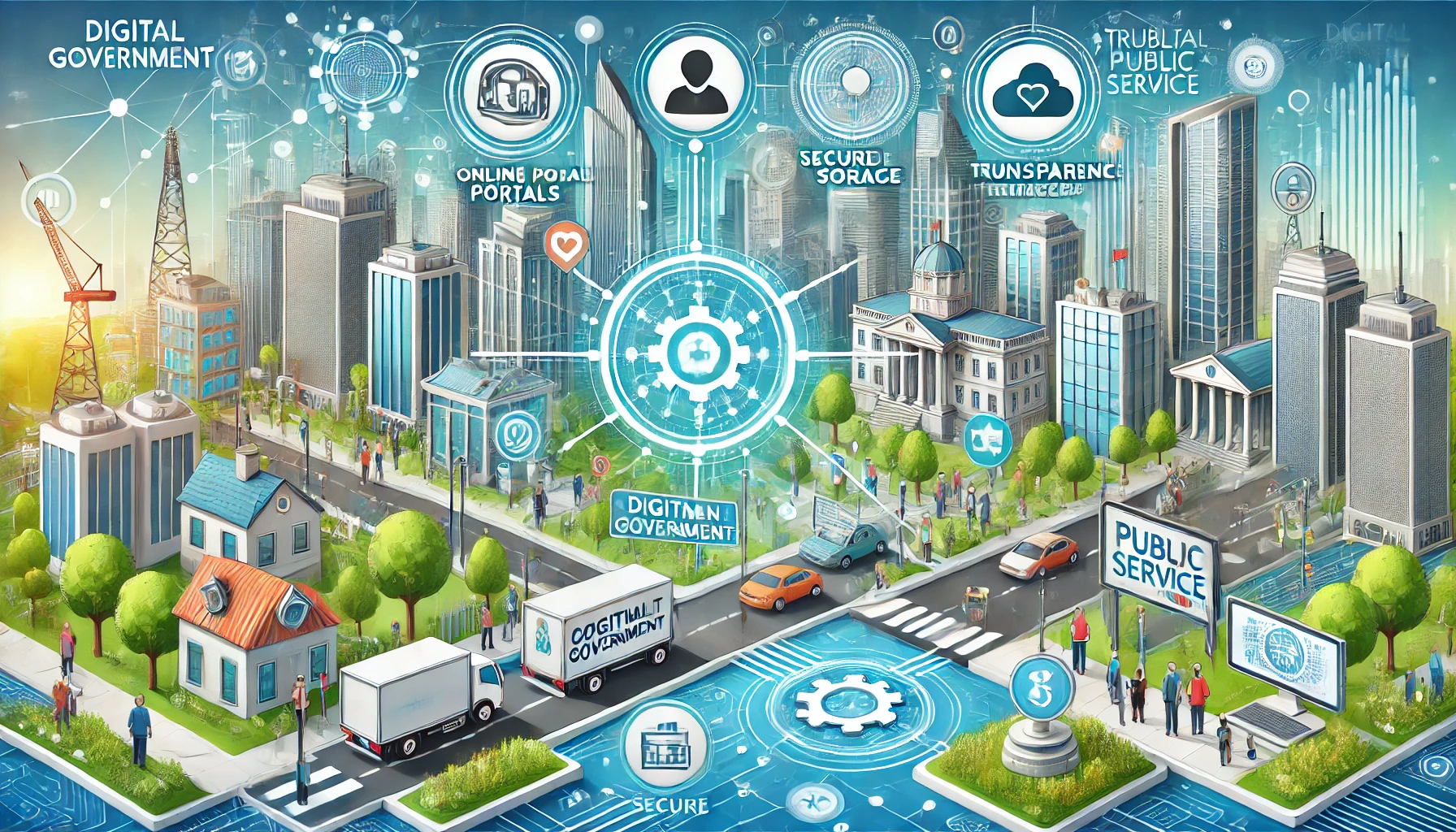What Is the Purpose of Digital Government?

Why you should care
Digital government is reshaping how citizens interact with public services, making processes faster, more transparent, and efficient. With the world increasingly relying on technology, understanding digital governance ensures that both individuals and institutions can adapt to modern public service delivery and policy-making.
Answering the question… What is the purpose of digital government?
Digital government aims to streamline public administration using technology. It enhances service delivery, boosts transparency, and fosters citizen engagement. For example, countries adopting e-governance report a 25-30% reduction in processing times for permits and tax services. It also reduces corruption by automating workflows, ensuring fair resource distribution.
How was the study done?
The study analyzed digital government initiatives in over 50 countries, focusing on their impact on efficiency, accessibility, and citizen trust. Researchers reviewed case studies, government data, and surveys to evaluate the effectiveness of tools like online portals, open data platforms, and AI-driven decision-making systems.
What was discovered?
- Efficiency Gains: Governments reduced bureaucratic delays by 40% on average by digitizing services.
- Cost Savings: Nations like Estonia saved 2% of GDP annually by implementing e-services like digital IDs.
- Improved Transparency: Open data initiatives reduced perceived corruption levels by up to 15%.
- Citizen Engagement: Online voting and feedback systems increased civic participation by 20-30%.
- Accessibility: Rural citizens gained access to services through mobile-friendly platforms, closing the urban-rural digital divide.
- Challenges: Digital government faces hurdles such as data security risks and unequal access to technology.
Why does it matter?
Digital government transforms the relationship between citizens and states, ensuring inclusivity, accountability, and better decision-making. With technology-driven governance, nations can build trust, boost economic development, and prepare for future challenges. Policymakers must prioritize data protection, inclusivity, and innovation to maximize these benefits.
